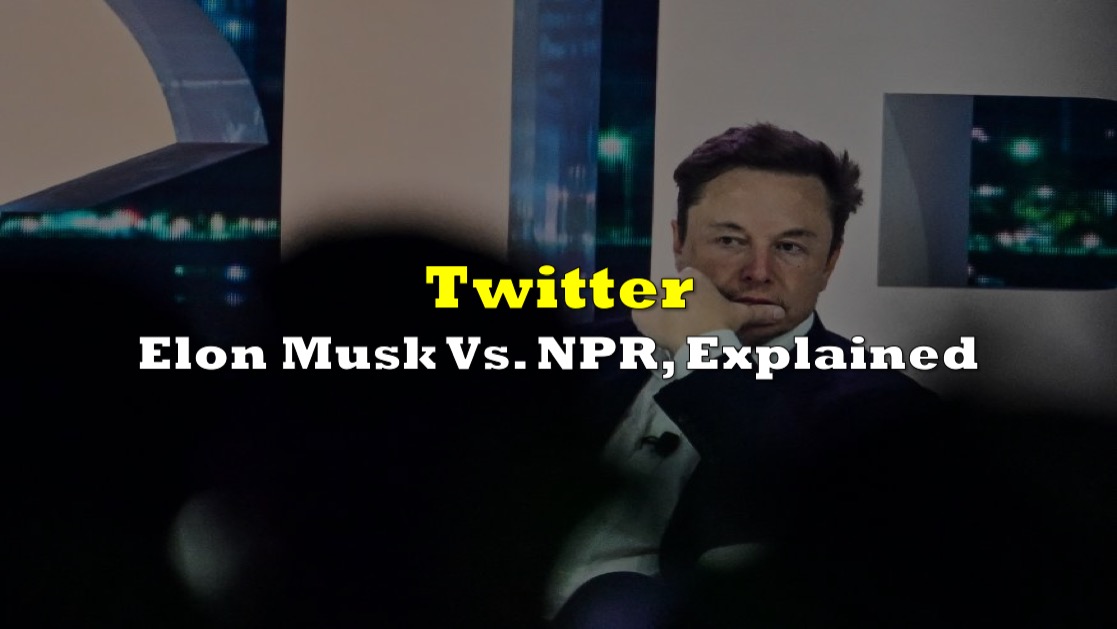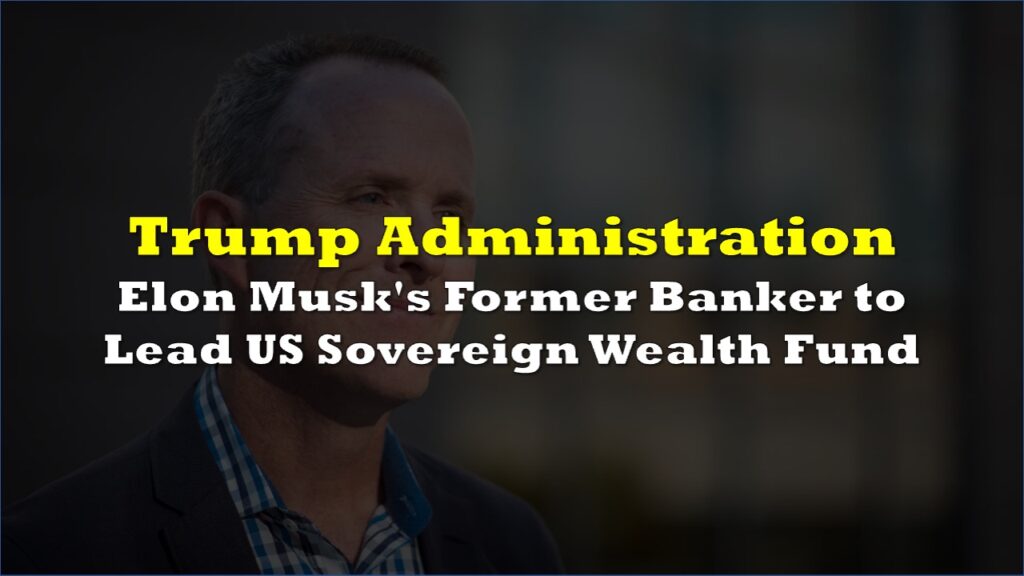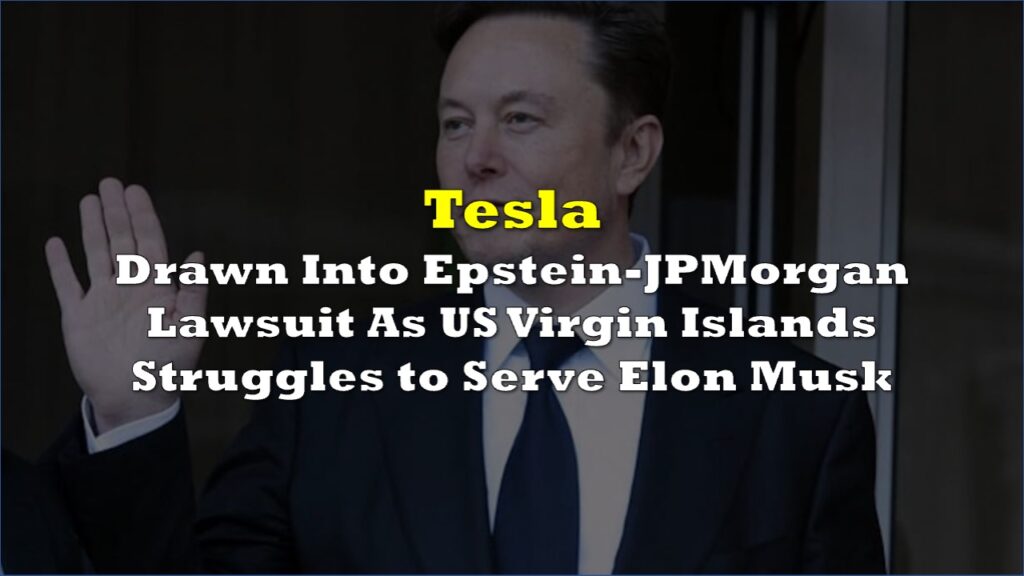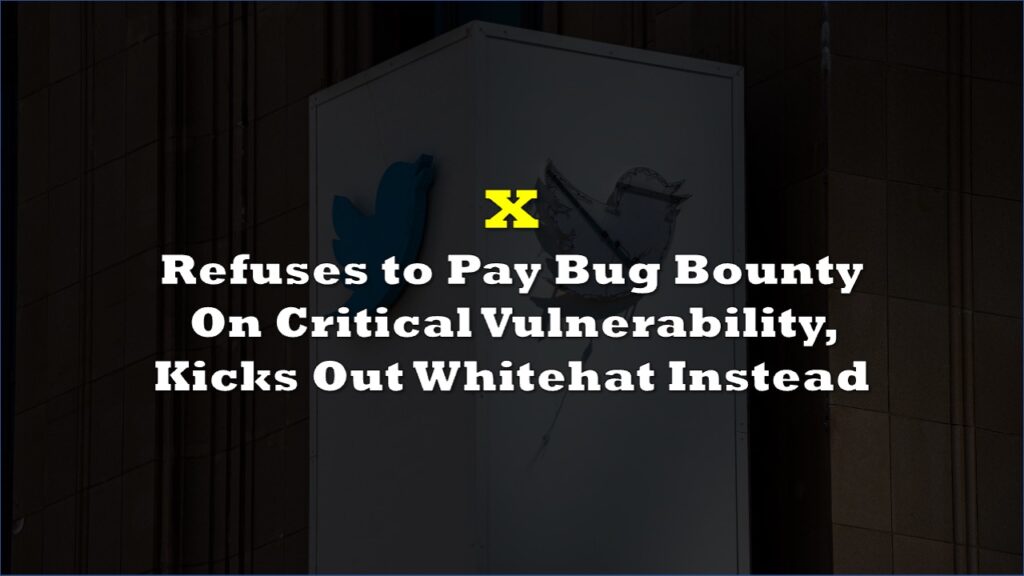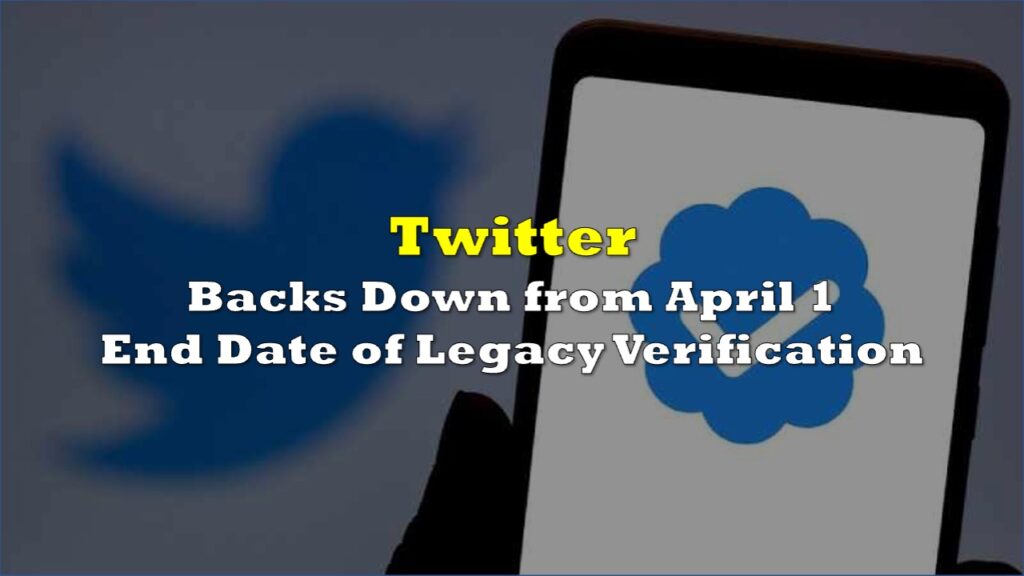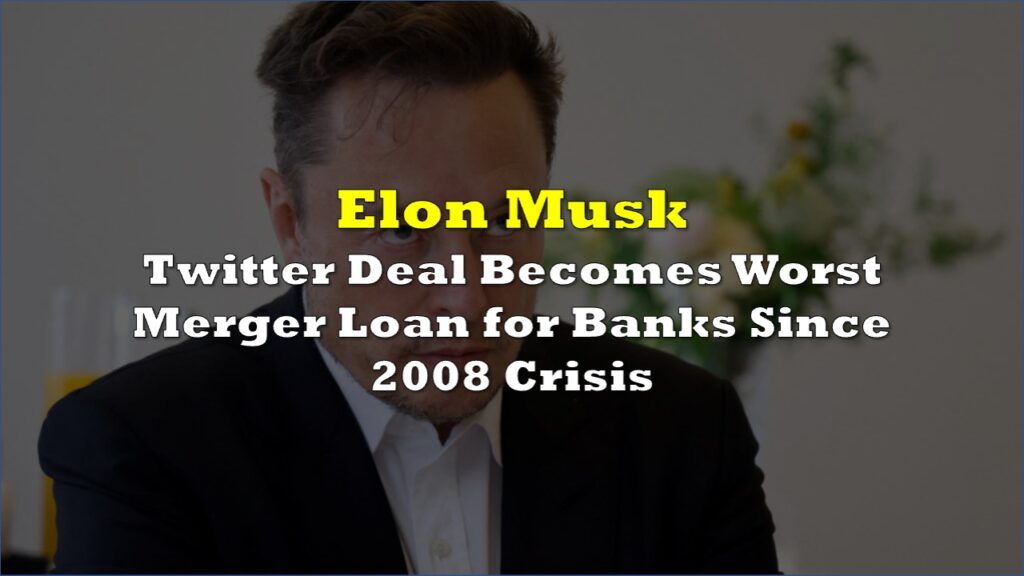It wouldn’t be a normal day without Twitter CEO Elon Musk getting into an online public spat with someone: this time, with the media organization National Public Radio (NPR).
The highly polarizing billionaire has set his sights on NPR in his latest antics against media outfits and journalists. Musk, who once claimed to be a champion of “free speech”, has been regularly creating animosity with known media organizations like The New York Times or Bloomberg.
The feud with NPR began when Twitter applied a “state-affiliated media” tag to NPR’s main account, using the same designation that Twitter uses to designate official state mouthpieces and propaganda outlets in nations such as Russia and China.
Prior to Musk’s acquisition of Twitter last October, the site took steps to limit the reach of certain state-affiliated accounts, namely from nations with strong authoritarian rhetoric.
Twitter launched the term “state-affiliated media” in 2020, defining it as “outlets where the state exercises control over editorial content through financial resources, direct or indirect political pressures, and/or control over production and distribution.”
In practice, this label was almost exclusively applied to Russian and Chinese government media accounts, despite Twitter’s initial announcement that the label would be extended to media from the five countries that sit on the United Nations Security Council – China, Russia, France, the United States, and the United Kingdom.
For a time, Musk seemed to be applying the rule to all, adding the label to NPR. The label was removed within days after backlash from critics who supported NPR’s editorial independence and pointed out that government funding amounts for barely 2% of the outlet’s budget, despite the fact that some conservatives and Chinese-state media personnel welcomed the label.
In its place, Twitter slapped a new “government-funded media” designation to NPR’s account, as well as to PBS and Voice of America, and United Kingdom’s BBC. While the label wasn’t fully defined, BBC pushed back, saying it is independent and “funded by the British public through the license fee.”
This was also applied to Canada’s CBC, leading the broadcasting company to halt its Twitter activity. Prior, Conservative Party leader Pierre Poilievre sent a letter to Musk requesting that he put a “government-funded” label on CBC accounts promoting “news-related” content. He applauded Twitter’s move by tweeting that the broadcaster is “officially exposed” as “Trudeau propaganda, not news.”
Other state-supported publications, such as Al Jazeera and France 24, which are funded by the Qatari and French governments, have not received the new label.
“We want it as truthful and accurate as possible – we’re adjusting the label to “[the BBC being] publicly funded – we’ll try to be accurate,” Musk said in an interview with BBC earlier this month. Later on, Musk was quoted telling one of NPR’s reporters: “If you really think that the government has no influence on the entity they’re funding then you’ve been marinating in the Kool-Aid for too long.”
While Twitter labeled some news accounts as state-funded, it also appears to have lifted some restrictions placed on Russian government accounts following the start of Russia’s war in Ukraine, causing outrage among some users.
“I’m told Putin called me a war criminal for helping Ukraine, so he’s not exactly my best friend. All news is to some degree propaganda. Let people decide for themselves,” Musk said after the decision.
Of poop emojis and changes on a whim
Categorically, NPR denies the designation that it is a “government-funded” media outfit, clarifying that it “operates independently of the U.S. government.” While federal funding is important to the overall public media system, NPR receives less than 1% of its annual budget from federal sources on average, the media firm explained.
“NPR stands for freedom of speech and holding the powerful accountable. It is unacceptable for Twitter to label us this way. A vigorous, vibrant free press is essential to the health of our democracy,” said NPR CEO John Lansing.
NPR management had requested that the branding be removed from Twitter. According to NPR spokesperson Isabel Lara, they initially assumed it was applied by mistake. “We were not warned. It happened quite suddenly last night,” Lara explained.
In response to an NPR email seeking comment and information about what led to the new designation, the company’s press account auto-replied with a poop emoji, a message it has been delivering to media for weeks.
press@twitter.com now auto responds with 💩
— Elon Musk (@elonmusk) March 19, 2023
Musk doubled down with the designation of NPR, replying to a tweet praising him for the label with a definition of state-affiliated media.
Seems accurate pic.twitter.com/nx5TmJY7GX
— Elon Musk (@elonmusk) April 5, 2023
But at the time it was implemented, Twitter’s policy website stated expressly that NPR will not be included in this category, before the wording was changed to omit NPR.
“State-financed media organizations with editorial independence, like the BBC in the UK or NPR in the US for example, are not defined as state-affiliated media for the purposes of this policy,” the document said.

Even former head of trust and safety at Twitter Yoel Roth is criticizing the new label, saying “Twitter’s decision to label NPR as a state media outlet flies in the face of years of research, all evidence about NPR’s funding and governance, and Twitter’s own policies and principles.”
Roth earlier stated that he departed Twitter in November due to “capricious decision-making.”
“Establishing a false equivalency between public broadcasters and editorial control of media by government is misleading and undermines the essential work of providing transparency about state-backed propaganda efforts around the world,” Roth added.
NPR effectively quit using the Twitter platform: “NPR’s organizational accounts will no longer be active on Twitter because the platform is taking actions that undermine our credibility by falsely implying that we are not editorially independent,” the news organization said following the label designation.
Musk says NPR label might not have been accurate
Musk continued to launch tirades against NPR, calling the media organization “hypocrites.” In a tweet, which was ironically fact-checked by Twitter itself, the chief executive cited NPR’s website that said “federal funding is essential to public radio.”
NPR literally said “Federal funding is essential to public radio” on their own website (now taken down).
— Elon Musk (@elonmusk) April 12, 2023
What hypocrites! pic.twitter.com/kYAXW0zpyl
NPR has already explained, however, that it does receive funding from the government: less than 1% of its annual budget comes from federally funded Corporation for Public Broadcasting on average.
“The whole point isn’t whether or not we’re government funded,” Lansing said. “Even if we were government funded, which we’re not, the point is the independence, because all journalism has revenue of some sort.”
However, in a series of email exchanges, Musk said the platform’s recent labeling of NPR as “state-affiliated media” might not have been accurate.
Musk appeared to be unsure about the distinction between public and state-controlled media in one email discussion when he opted to apply a state-affiliated media label to NPR’s account.
“Well, then we should fix it,” Musk wrote in an email to NPR’s Bobby Allyn, when told that government support represents about 1% of NPR’s finances, adding “What’s the breakdown of NPR annual funding?”
In another email, Musk compared NPR to media sources controlled by foreign governments, while also acknowledging that “it sounds like” that isn’t the case.
“The operating principle at new Twitter is simply fair and equal treatment, so if we label non-US accounts as govt, then we should do the same for US, but it sounds like that might not be accurate here,” he wrote. This comes just days after Musk put out the tweet saying that NPR’s state-affiliated label “seems accurate.”
Musk has already removed the label, even with other media organizations, but the outlets that were originally targeted have not resumed public Twitter activity.
Musk considers reassigning NPR’s Twitter account to others
In escalating the pettiness, Musk has threatened to reassign NPR’s Twitter account to “another company.”
On Tuesday, Allyn reported that Musk stated in a series of emails to him that he would transfer the network’s main Twitter account, @NPR, to another organization or person. Even longtime followers of Musk’s volatile and spur-of-the-moment leadership style were taken aback by the suggestion.
In an unprompted Tuesday email, Musk wrote: “So is NPR going to start posting on Twitter again, or should we reassign @NPR to another company?”
According to Twitter’s terms of service, an account’s inactivity is determined by signing in rather than tweeting. According to the rules, an account must be logged into at least once every 30 days, and “prolonged inactivity” can result in it being permanently deleted.
1. I'm not a Trademark law expert but Elon might want to consult with one. NPR has a registered trademark. https://t.co/2fQil516NW
— Tim Hogan 浩勤 (@TimInHonolulu) May 3, 2023
Musk did not respond when asked if he intended to revise the platform’s definition of inactivity, and he did not explain what sparked his new queries about NPR’s lack of participation on Twitter.
“Our policy is to recycle handles that are definitively dormant,” Musk wrote in another email. “Same policy applies to all accounts. No special treatment for NPR.”
His Tuesday remark that he may transfer NPR’s flagship Twitter account, which has over 9 million followers, to another business is typical of Musk’s approach to the social media site.
Musk, whose statements are frequently peppered with jokes, insults, and efforts at trolling, answered sarcastically when asked who would take over NPR’s Twitter account.
“National Pumpkin Radio,” Musk wrote, adding a fire emoji and a laughing emoji to describe the content of the fictional gourd-themed broadcaster. “NPR isn’t tagged as government-funded anymore, so what’s the beef?”
The reporting comes days after US President Joe Biden chided on Musk’s fixation on NPR in the recent White House Correspondents Dinner.
“Not everybody loves NPR. Elon Musk tweeted that it should be defunded. The best way to make NPR go away is for Elon Musk to buy it,” Biden said, an apparent dig on the billionaire’s purchase of Twitter.
Biden: Not everybody loves NPR. Elon Musk tweeted that it should be defunded. The best way to make NPR go away is for Elon Musk to buy it pic.twitter.com/qw6iRwxFZF
— Acyn (@Acyn) April 30, 2023
Musk has long criticized the media and worked to undermine journalists’ credibility. The CEO of Twitter has suspended reporters who have published or promoted unfavorable pieces about him. Musk has removed and reissued “verified” blue check marks to news organizations and individual journalists.
The “Chief Twit” has created a volatile social media scene by lately making “verified” blue checks available for purchase, blurring the borders for users between what is real and what is fraudulent on one of the most important social networks.
Days after Musk’s Twitter sweep of VIP users and notable organizations, blue check marks resurfaced on the accounts of a number of high-profile personalities, many of whom quickly stated that they did not request or want the new verification badge.
At first, it appeared like Twitter’s CEO and owner had done it out of spite. However, almost all celebrities with a large following have since regained their checkmark, with Musk admitting he’s sponsored some blue checks on unwilling personalities.
There are a lot of issues with the blue checkmark before Musk bought Twitter and it seems the situation has been muddled at best since the new owner made changes to the platform. However, it appears that the basic issue is that a verification system that relies on individuals paying for it dissolves quickly if the bulk of those people just refuse to pay for it.
Information for this story was found via NPR, Al Jazeera, CNN, and the sources mentioned. The author has no securities or affiliations related to the organizations discussed. Not a recommendation to buy or sell. Always do additional research and consult a professional before purchasing a security. The author holds no licenses.

